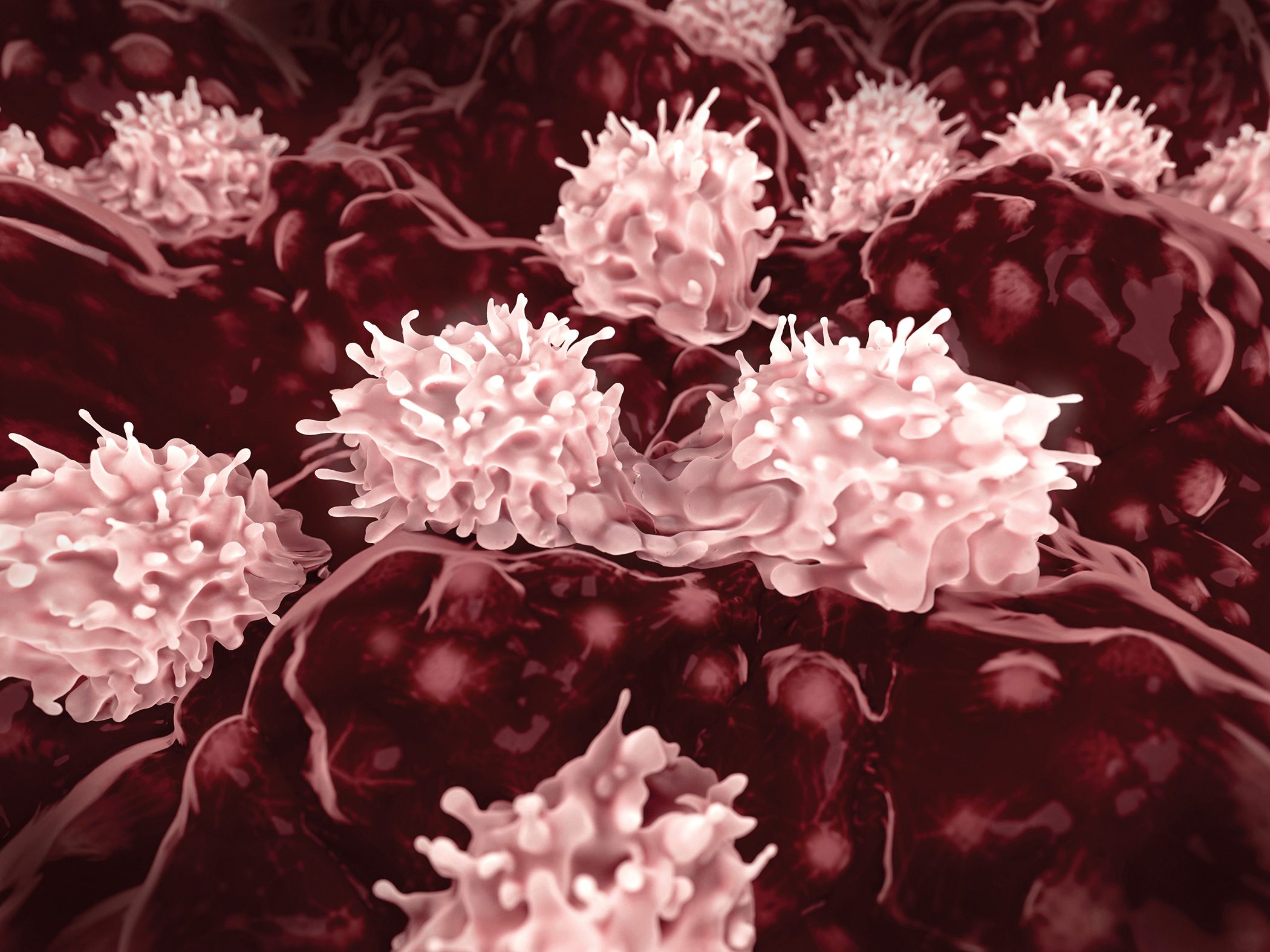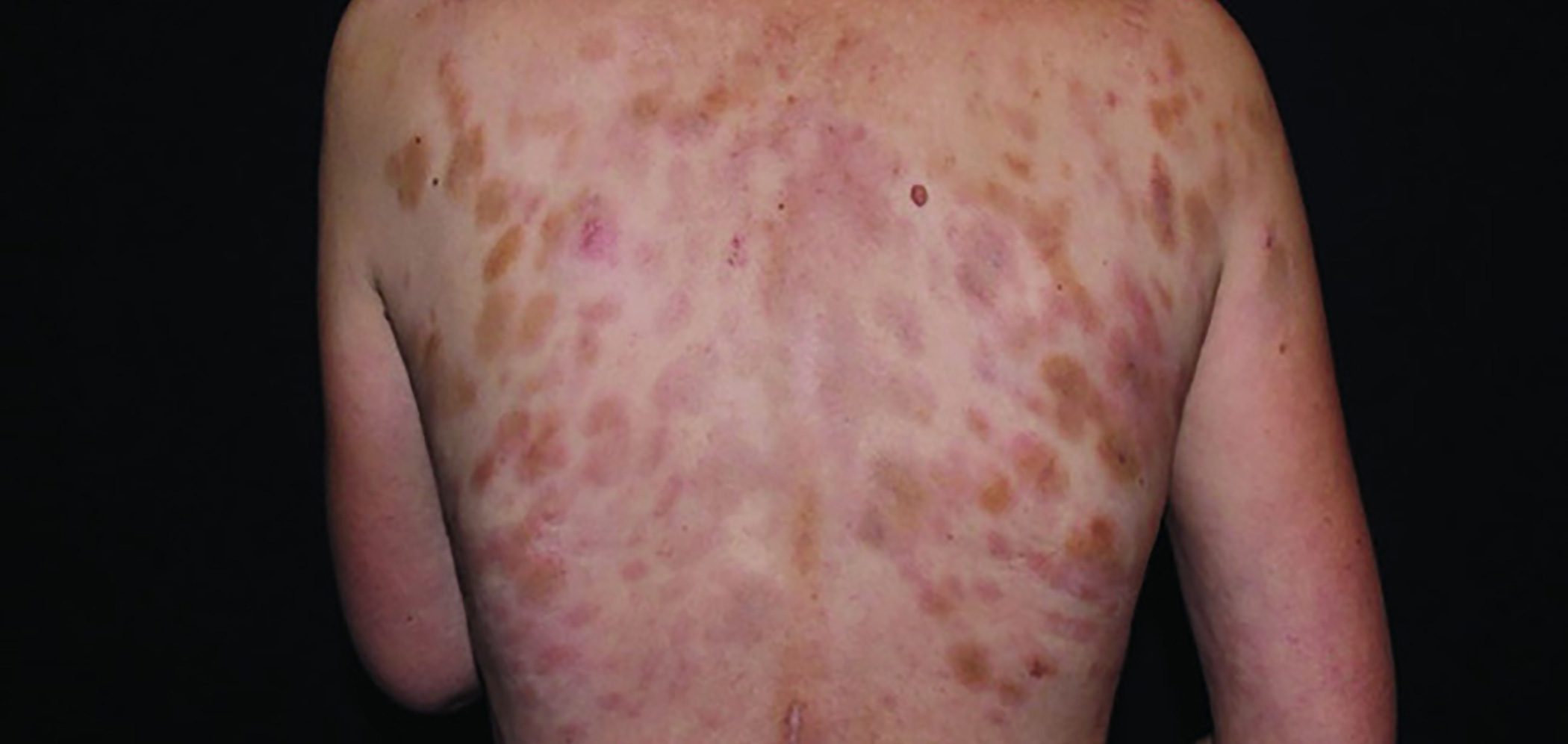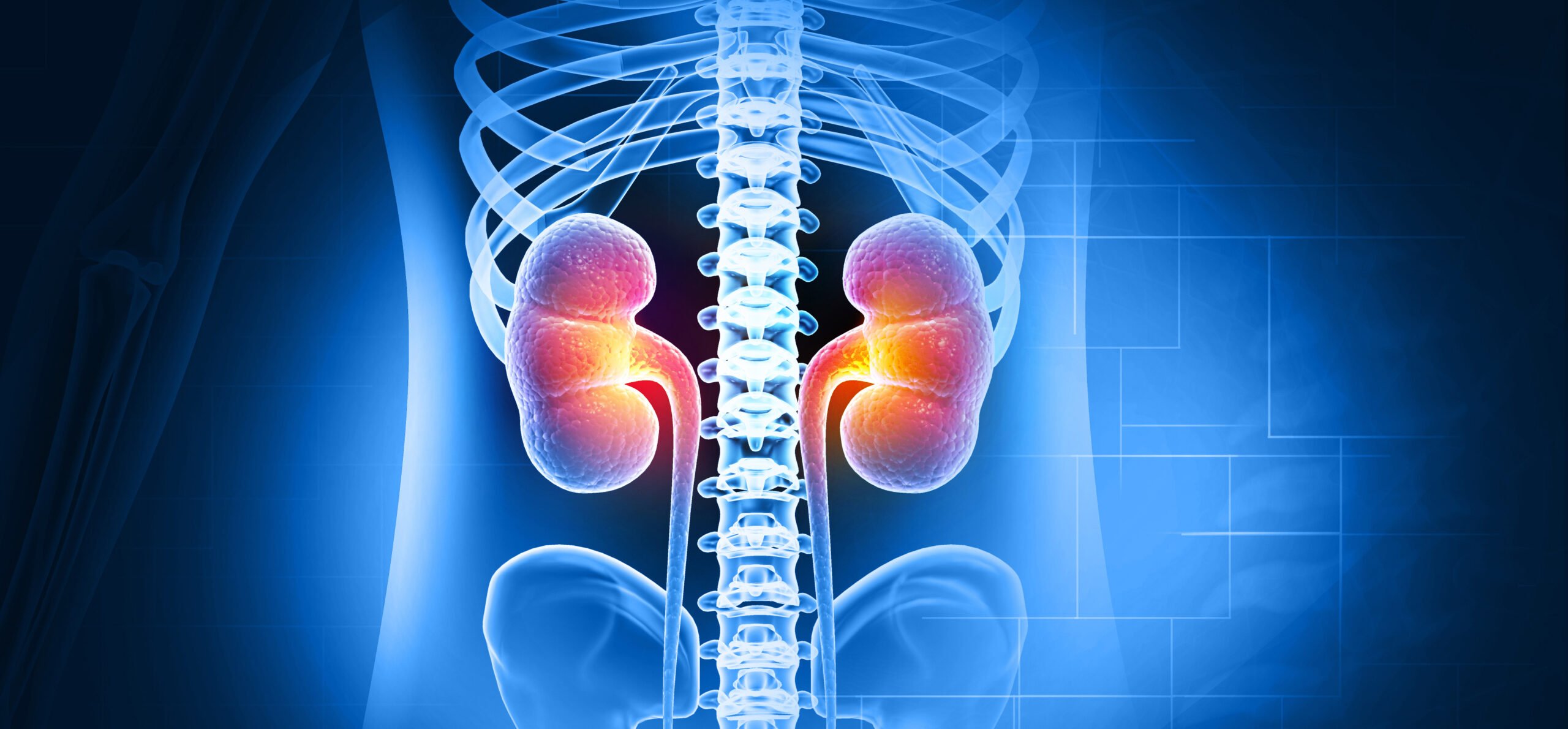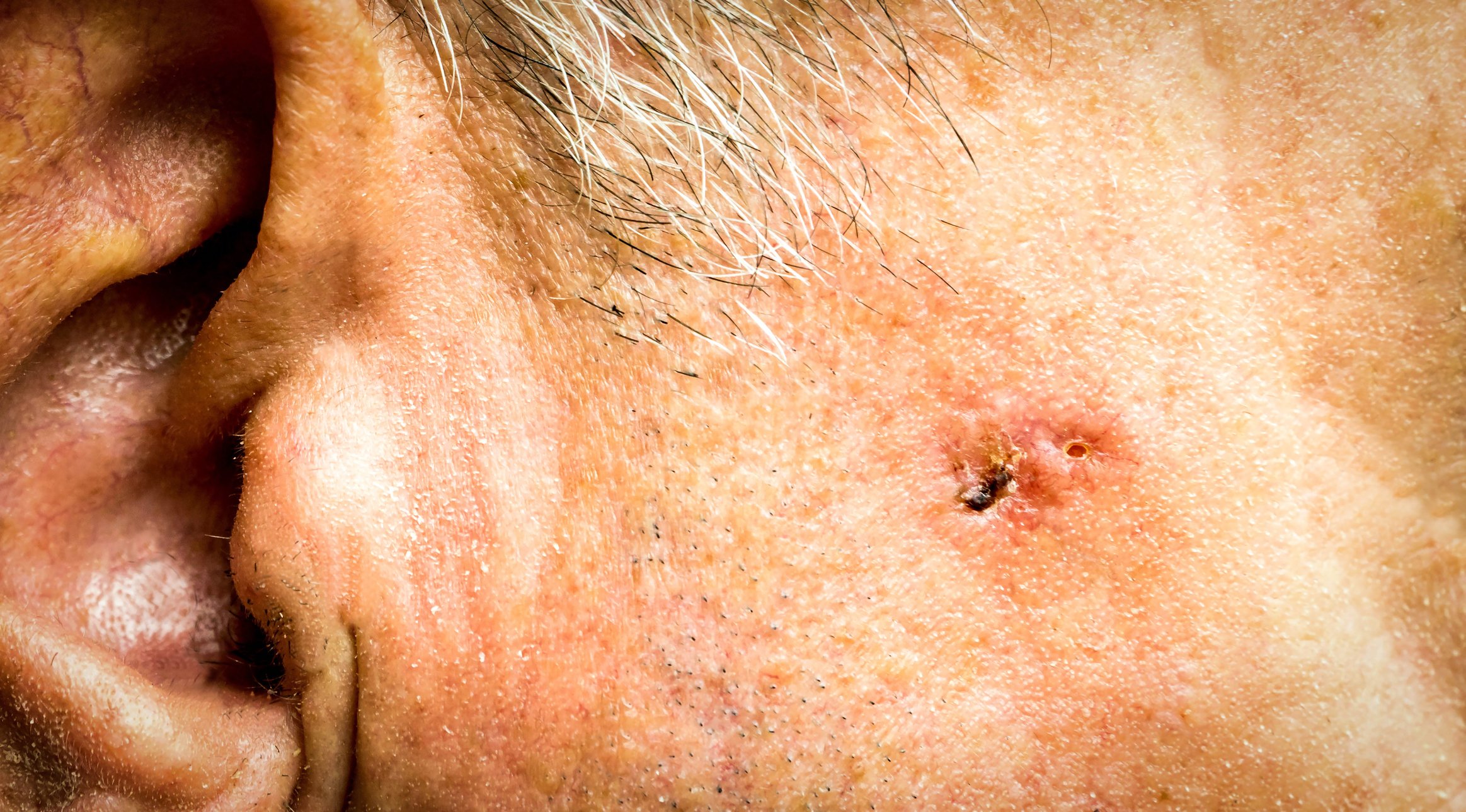Paroxysmal nocturnal haemoglobinuria (PNH) is a rare, acquired disease of haematopoietic stem cells of the bone marrow. GPI deficiency results in the absence of complement-regulating proteins. Thromboembolic complications are the most clinically relevant complication and are the main cause of increased morbidity and mortality. Inhibition of the terminal complement system is a targeted therapeutic strategy. Eculizumab and crovalimab bind the complement factor C5 and have proven to be effective and safe treatment options.
Autoren
- Mirjam Peter, M.Sc.
Publikation
- HAUSARZT PRAXIS
Related Topics
You May Also Like
- Parkinson's disease: progressive and clinically heterogeneous
Individualized management of motor and non-motor symptoms
- Type 2 diabetes and heart failure: a bidirectional relationship
Proactive preventive measures can reduce the burden of disease
- Dementia
Delirium risks and treatment strategies
- Colorectal cancer screening
Results of the population-based PREEMPT-CRC study
- Study report: TBS v3 and v4 in comparison
Analysis of OsteoLaus study data
- Atopic dermatitis: proven therapeutic principles and innovations
From healthcare research to precision medicine
- SGLT2 inhibitors and glucocorticoids
Protective effect on kidney function is maintained
- Study report: Nicotinamide for skin cancer prevention











